Latest news
Recording available: “Advancing Water Safety Planning: Global Practices & Challenges”
Global
Just in case you missed the webinar on ‘Advancing Water Safety Planning: Global Practices and Challenges’, you can still catch up on what was discussed. The On-demand link is available here: https://iwa-network.org/learn/advancing-water-safety-planning-global-practices-challe...
Call for experts: Guidelines for drinking-water quality, 5th edition
Global
WHO is seeking experts to serve as members the Guideline Development Group (GDG) to advise WHO on matters related to drinking-water quality and health, to inform the development of the 5th edition of the Guidelines for drinking-water quality (GDWQ). The current version of the GDW...
Water Safety Conference 2024-Extended abstract submission deadline
Global
On behalf of the organizing committee of the Water Safety Conference 2024, we would like to invite you to submit your abstracts and join us in Montevideo, Uruguay on 4 - 9 September 2024.
The deadline for submitting abstract has been extended to May 1, 2024.
For more detai...
WHO releases guidelines and tools to enhance small water supplies
Global
WHO has released the newly launched Guidelines for drinking water quality: small water supplies, and associated Sanitary inspection packages, aim to improve water quality, build more resilient service delivery, and combat disease surges in vulnerable and resource-constrained communities

Water Safety Conference 2024
Global
We are thrilled to announce the 6th International Conference for Water Safety, a collaboration between the International Water Association (IWA), Obras Sanitarias del Estado (OSE), Facultad de Ingeniería, Universidad de la República (FING) and its Fundación Julio Ricaldoni (FJ...
Drinking Water Safety Plans: Call For Papers
The Journal of Water and Health is pleased to announce a new special issue on Drinking Water Safety Plans, gathering state-of-the-art studies on all key issues contributing to the effectiveness of Drinking Water Safety Plans. Interested parties should submit a short manuscript ...
Call for Papers: Water Safety for All
The IWA Health and Water related Microbiology's next symposium will be held 4-8 June 2023 in Darwin, Australia.
The call for papers have been opened from now till 15 November 2022
Visit the website for more information on how to submit an abstract watermicro23.au....
Call for Papers
Global
The Organising Committee of the 13th IWA International Conference on Water Reclamation and Reuse has extended the deadline to submit your papers to 17th April 2022....
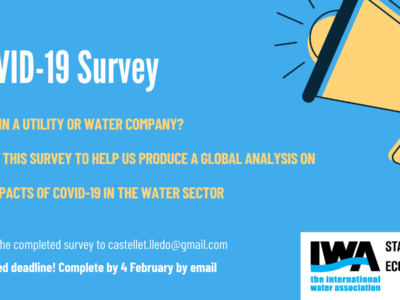
If you are willing to know about the effects of Covid-19 on water utilities, please help us to find out answering the following questionnaire. You can download it here and return it to our secretary (Castellet.lledo@gmail.com) before the 4th of February 2022.
Those takin...
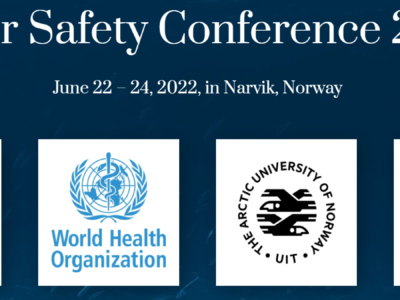
Water Safety Conference 2022
Tomorrow (15 December) is the last day to submit an abstract for the Water Safety Conference 2022, co-sponsored by World Health Organization (WHO)
More info & submit: https://watersafety2022.org/
...
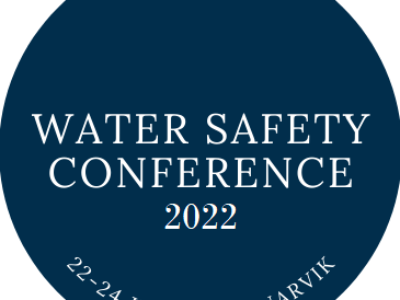
Water Safety Conference 2022-Abstract Submission Deadline is Extended
Please be informed that the abstract submission deadline is extended until 15 December 2021. You can submit your abstracts by this date....
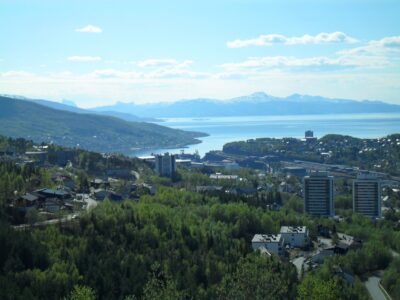
Call for papers open: IWA Water Safety Conference 2022
The IWA International Conference for Water Safety Planning (IWA – WSP conference) will bring together leading international experts from academia, industry, government, policymakers/authorities and other organizations to actively exchange, share, and challenge state-of-the-art ...
Water Safety Conference 2022
The IWA Water Safety Planning Specialist Group (SG) is excited to inform you of the new date for the “International Conference for Water Safety”, which follows the successful conference of 2016, Palawan, Philippines.
The new date is June 22 – 24, 2022, in Narvik, Norway
...
UNICEF and Miyahuna launch the Climate Resilient Water Safety Plan in Madaba, Jordan
Eastern Mediterranean, Jordan
A new Climate Resilient Water Safety Plan (CRWSP) developed by UNICEF in collaboration with Jordan Water Company, Miyahuna is aimed at addressing the existing and potential challenges to water security and at providing a framework for proactive and adaptive planning to ensure sus...
Survey on Climate Smart Utilities
IWA is launching the Climate Smart Utilities initiative to support water and wastewater companies in improving their climate resiliency while significantly and sustainably reducing carbon emissions in utility processes. For this initiative, IWA is developing a community of practi...
Survey on water safety and COVID-19 for drinking water utilities and health/environmental authorities
You are cordially invited to participate in a survey that aims at evaluating the use and relevance of Water Safety Plans or any similar risk management practice used by water utilities around the world to face the challenges posed by the COVID-19 crisis.
This survey is part...
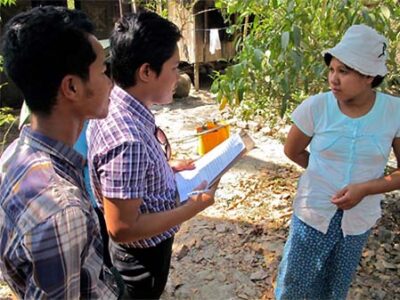
New sanitary inspection packages for drinking-water
Sanitary inspections support the assessment and management of risks within drinking-water supply systems. This standardized field-based approach assists key implementation activities within the WHO’s Framework for safe drinking-water. As part of the re...
Water Safety Plans: Auditing under uncertainty – 25 June 2020, 14h30 CET
Water Safety Plan (WSP) auditing is a critical element in the sustainable implementation of WSPs. Auditing provides a check that the WSP is complete, up-to-date and is being implemented effectively. The process supports continuous improvement, a cornerstone of the WSP approac...
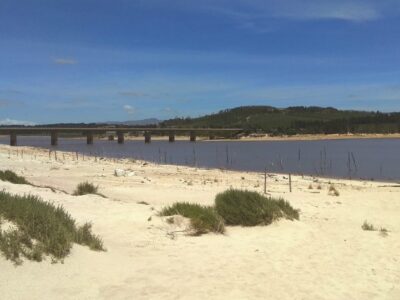
The climate resilience role for water safety plans
Water safety plans (WSPs) provide a comprehensive risk assessment and risk management approach that enables utilities to consider the hazards at every step of the water supply chain, from the catchment to the consumer. They are widely accepted as the most effective means of consi...
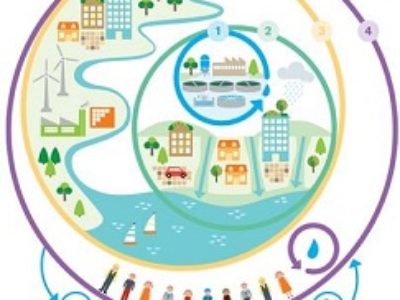
Blog: Adaptation as part of Water Wise Cities
Climate change is now a constant topic of discussion among scientists and activists. Though it may be seen as an issue, people may not see it as a priority as it is largely invisible to the average human. It is not always evident how it is affecting our wellbeing, ecosystems or h...
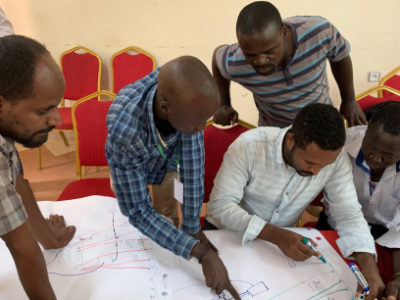
Water Safety Plan for host community and refugee camps in Gambella, Ethiopia
Ethiopia
IHE Delft joined forces with the local water utility in Gambella, multilateral organizations (UNICEF and UNHCR), NGOs (Oxfam and IRC) and local consultants, and provided a training to start up the development of a Water Safety Plan for Itang water supply system, which privides se...
Launch of new WHO WASH reflections series
Global
This new series offers insights on addressing today’s key WASH and health challenges, sharing honest reflections based on real-world experiences.
The first issue in the series Water safety planning: What have we learned so far? shares lessons learned from the past 15 years ...
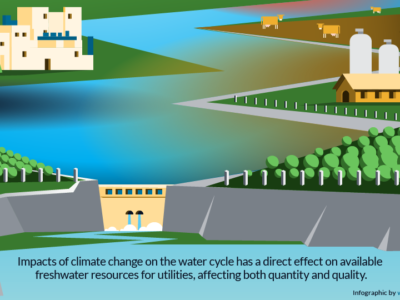
Climate Smart Water – the road to resilience
Climate resilience needs to be built and coordinated at the basin, city and utility level to ensure adaptation measures for water systems are effective and integrate with other urban services....
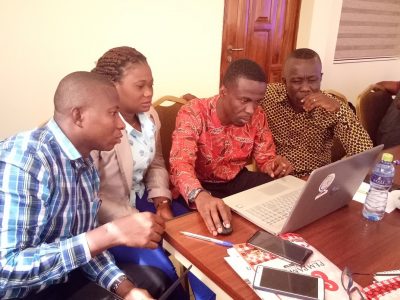
Climate Resilient Water Safety Planning to Improve Water Supply and Public Health
A set of trainings under the Climate Resilient Water Safety Planning to Improve Water Supply and Public Health project were launched in February 2019. The trainings are the first phase of the project that seeks to address how utilities can use WSPs to better prepare and respond t...
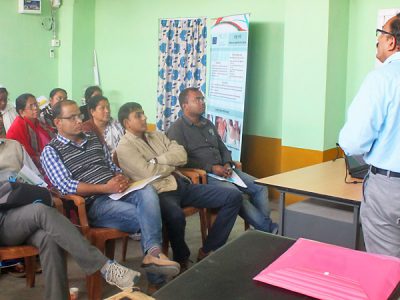
Training about prevention, detection and management of arsenicosis in India
Arsenic contamination in sources of drinking water has become a serious cause of concern for human life in Assam, India. The long-term exposure to arsenic, mainly through drinking-water and food, can lead to chronic arsenic poisoning and most characteristically skin lesions...
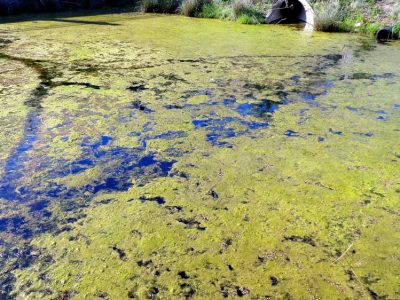
The role of digitised information in water safety planning
Digital tools, which provide water utility operators with accurate and timely information, can improve drinking water quality and ensure better water safety planning, experts say....
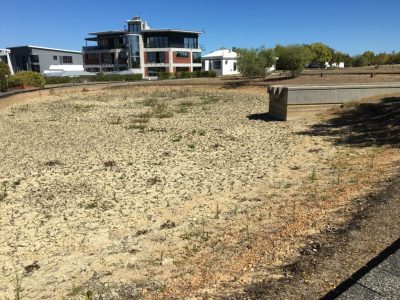
Linking Flood and Drought Data to Water Safety Planning: Parts 1-5
In this 5 part blog series, Matthew Damon of Emanti Management introduces and guides users through different elements of the Flood and Drought portal, which was developed as an output of the Flood and Drought Management Tools (FDMT) project.
About the Flood and Drought Manage...
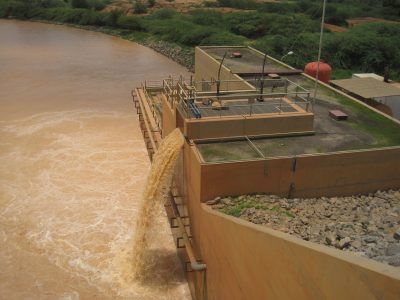
Webinar Series on Climate Smart Utilities
Climate change impacts, such as water quality degradation, water shortage and scarcity can severely impact the ability of water utilities to supply their customers. Water utilities responsible for drinking-water safety need to understand how climate change is affecting water reso...
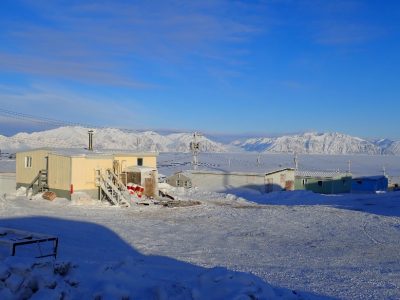
Water Research in Canada’s Arctic
For the past year I’ve had the privilege of managing a water research project in one of the most northern communities in Canada, Pond Inlet (Mittimatalik), Nunavut. This community is located above the Arctic Circle and is one of the few inhabited places in the world where you can experience the midnight sun – that is, where the sun remains above the horizon 24 hours a day during the summer months.
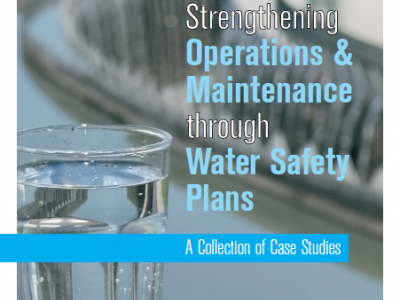
Strengthening Operations & Maintenance through Water Safety Planning: New Edition Launch
IWA and WHO are pleased to announce the upcoming release of a new version of Strengthening Operations & Maintenance through Water Safety Planning: A Collection of Case Studies. The document will be formally launched during IWA’s World Water Congress, held in Tokyo on 16-21...
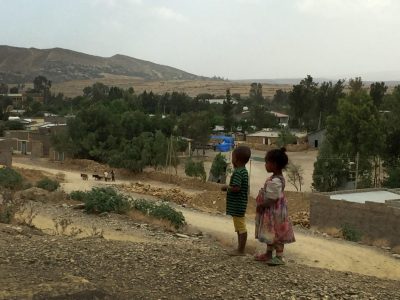
Advancing climate resilient water services in Wukro, Ethiopia
Wukro is a small town in Ethiopia with a relatively common problem: water availability is seasonal and vulnerable to climatic events. The rainfall in this semi-arid environment falls mostly in just two months of the year. Water managers need to ensure stored water is available ...

UNC Institute for Water: Water Safety Plans Webinar Audio link
Global
A webinar on "Water Safety Plan Implementation, Evaluation & Scale-up" was presented live by The Water Institute at University of North Carolina on the 23 of May 2018. If you missed it, follow this link for an audio recording of the webinar: https://unc.warpwire.com/w/j1UAAA/...

What Is the Future of Water and Public Health? Call for abstracts extended!
Royal Society for Public Health invites the submission of abstracts for the 2018 'What Is the Future of Water and Public Health?‘ conference. The deadline for submissions is 11pm on 30 June 2018....
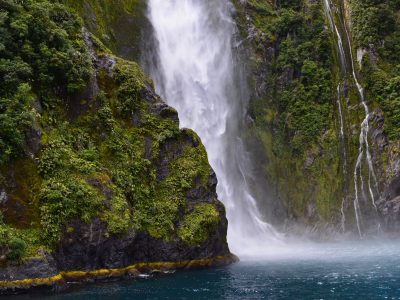
10 lessons for Utility Specialists
Ambiguity and paradox management are as much daily concerns for water utility leaders as integrated water resources management. Opening a drinking water tap is a simple and cheap daily activity, one that is considered a given in many parts of the world....
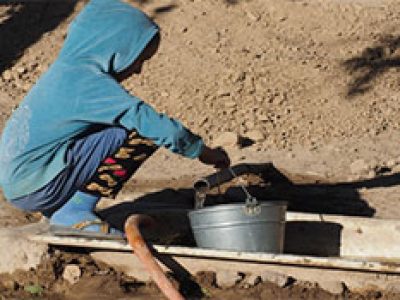
Safe drinking-water in Europe?
Millions of people in the WHO European Region drink contaminated water, often without knowing it. WHO estimates that, every day, 14 people die of diarrhoeal disease due to inadequate water, sanitation and hygiene (WASH)....
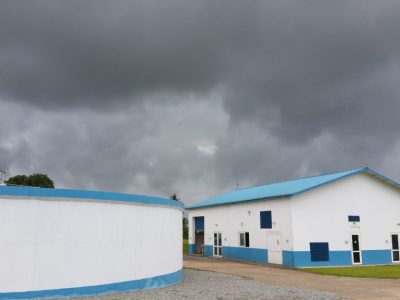
A water utility’s journey to climate resilience
While attending a recent event, a representative of an international development agency argued that, if we had spent as much money on sanitation as we have on drinking water, the seemingly endless sanitation crisis in many part of the world would already have been solved. This st...
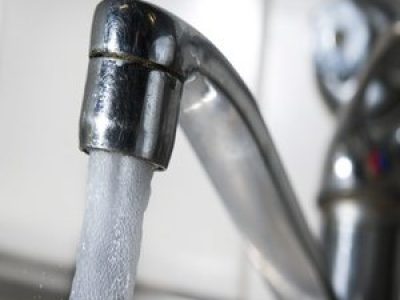
UNC Webinar: Water Safety Plans
A WSP webinar is being held on Wednesday, May 23 8:30-10:00 AM EST hosted from the 2018 UNC Water Microbiology Conference. This webinar will convene a panel of experts to discuss recent research on Water Safety Plans and drinking water policy changes in Europe.
Water Safety Pl...
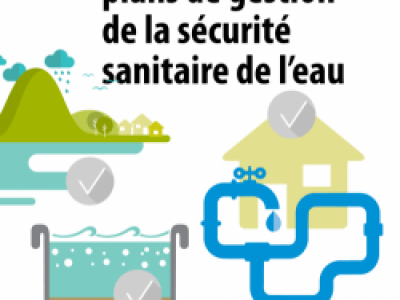
Launch of WHO water safety plan audit guide in French
Originally published in English in 2015, WHOs A practical guide to auditing water safety plans provides guidance on developing and implementing a water safety plan auditing scheme....
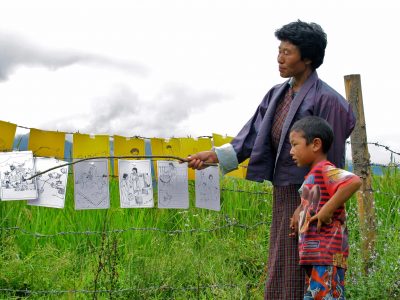
Feedback sought on draft document: Equity in water safety planning
Water safety plans (WSPs) provide a well established and widely accepted framework to contribute to the human right to water and the Sustainable Development Goal target to achieve, by 2030, universal and equitable access to safe and affordable drinking water for all. WHO has ther...
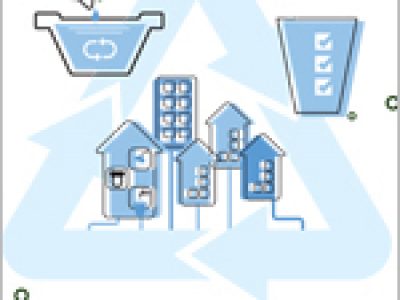
Publication of WHO’s Potable reuse: Guidance for producing safe drinking-water
Global
This document describes how to apply appropriate management systems to produce safe drinking-water from municipal wastewater. Information is provided on specific aspects of potable reuse, including the quality and protection of source wastewaters, types of control measure monitor...
